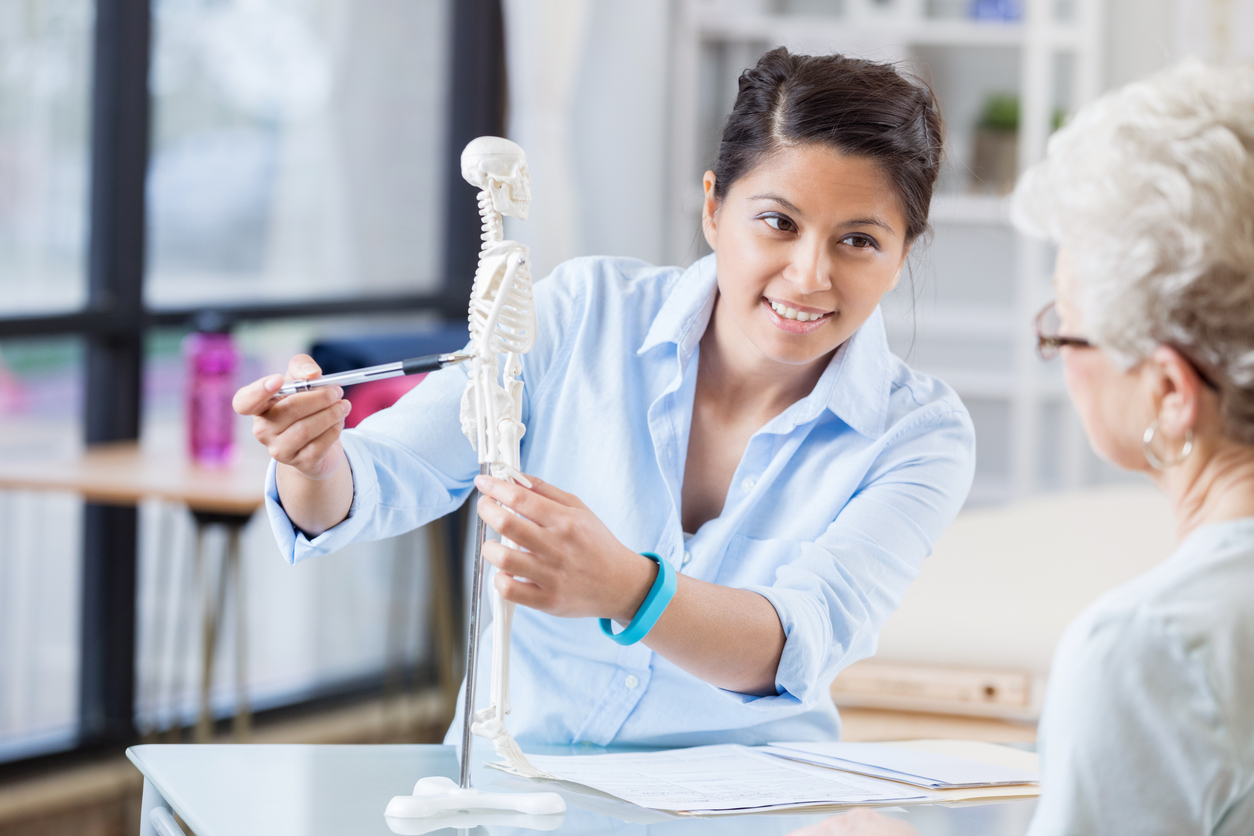
When we talk about bone health, most people think its something they don’t have to worry about until much later in life. The reality is however, if you wait until then, you’ve often missed the boat.
Firstly, bone health is important because your bones support your body, help you to move around and protect your organs. Poor bone health often leads to osteoporosis, a chronic condition of thin bones where even a minor injury can lead to a fracture.
What people don’t realise is that you only build up bone density until about the age of 25. After that, bone density slowly declines, meaning your bones get thinner and weaker. And for women, menopause marks a steep downturn in bone density due to a rapid drop in oestrogen, a hormone that plays an important role in supporting bone growth.
What people also don’t realise, is that there are some really common things that you might be doing that are actually accelerating or worsening this bone loss. These include things such as having a low calcium or low protein diet, not getting enough sunlight, being inactive, smoking or being underweight. Long-term use of some medications such as glucocorticoids (e.g. prednisone for asthma or arthritis), some antiseizure drugs and some antacids or reflux medications can also reduce bone density.
So let’s look at what you can be doing now to support your bone health.
Weight bearing exercise - Weight-bearing exercises like walking, jogging, and climbing stairs can help build bone strength and slow loss.
Getting enough vitamin D – Your body needs vitamin D to absorb calcium, which is essential for bone health. The majority of your vitamin D comes from exposure to the sun, but you can also get some in your diet through food such as oily fish (e.g. salmon, trout, whitefish and tuna), mushrooms, eggs and fortified milk and cereals.
Calcium – You should aim for at least 3 servings every day of a calcium rich food such as milk, cheese, yoghurt, almonds or firm tofu. If you don’t have dairy it can be hard to meet your calcium requirements, so it’s a good idea to talk to your doctor about non dairy options or supplements.
Not smoking – Smoking accelerates bones loss and increases your risk of fracture. Its never too late to stop.
Moderate alcohol - Drinking 10 or more alcoholic drinks per week or drinking every day has been proven to significantly increase your risk of fracturing a bone. So, try to keep alcohol to no more than 2 standard drinks in a sitting, with at least 3 days per week alcohol free.
Maintaining a healthy weight – being both overweight or underweight can increase your risk of thin bones or fracture. Maintaining a weight within the healthy range for your height is important.
Protein – about 50% of bone is made up of protein, and not eating enough protein has been linked with increased fractures.
While the earlier the better when it comes to our bone health, the important thing to remember is it is never too late to make changes. Even small changes at any stage in life will have benefits.